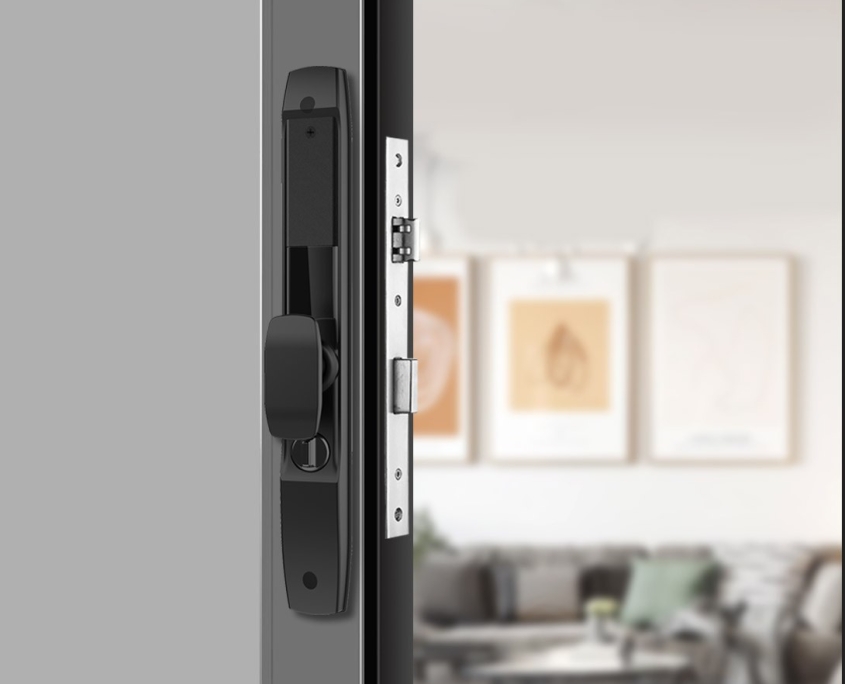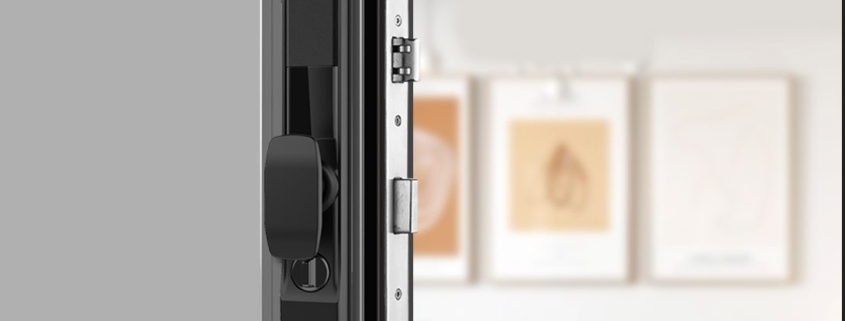Do smart locks lock on their own?
Smart locks have become increasingly popular in American homes, offering convenience, security, and remote access control. But one common question many homeowners have is: Do smart locks lock on their own?
The answer depends on the brand, model, and settings of your smart lock. Some smart locks auto-lock after a set period, while others require manual locking. In this article, we’ll explore how smart locks work, which models offer automatic locking, and the pros and cons of this feature.
How Do Smart Locks Lock? Manual vs. Automatic
Smart locks generally fall into two categories when it comes to locking mechanisms:
- Manual Locking – The lock stays unlocked until you physically lock it (via a key, app, or touchpad).
- Auto-Locking – The lock engages automatically after a certain time delay (e.g., 30 seconds or 5 minutes).
Which Smart Locks Auto-Lock?
Many leading smart lock brands in the U.S. offer auto-locking as a standard or optional feature. Here are some popular models that support it:
- August Wi-Fi Smart Lock – Can be set to auto-lock after 30 seconds to 5 minutes.
- Schlage Encode – Auto-locks after 30 seconds by default (adjustable via app).
- Yale Assure Lock 2 – Offers customizable auto-lock timers.
- Ultraloq U-Bolt Pro – Locks automatically when the door closes.
- Level Lock+ – Auto-locks after a set time (configurable in the app).
If you prefer a smart lock that does not auto-lock, some models (like the Kwikset Halo or Wyze Lock) allow you to disable this feature.
Pros and Cons of Auto-Locking Smart Locks
Advantages of Auto-Locking
Enhanced Security – No risk of forgetting to lock your door.
Convenience – Ideal for busy households where people come and go frequently.
Prevents Break-Ins – Many burglars target homes with unlocked doors. Auto-locking eliminates this vulnerability.
Potential Drawbacks
Risk of Locking Yourself Out – If you step outside without your phone or key, you could get locked out.
Battery Drain – Frequent locking/unlocking may reduce battery life faster.
Pets & Kids – If the door isn’t fully closed, the lock might not engage, leaving a security gap.

How to Set Up Auto-Lock on Your Smart Lock
Most smart locks with auto-lock allow you to adjust the timing via their mobile app. Here’s a general guide:
- Open the companion app .
- Go to “Settings” or “Lock Preferences.”
- Look for “Auto-Lock” or “Automatic Locking.”
- Choose your preferred time delay (e.g., 30 seconds, 1 minute, 5 minutes).
- Save the settings.
Some locks also have motion sensors that trigger locking when no movement is detected.
What If You Don’t Want Auto-Lock?
If you prefer manual control, you can:
- Disable auto-lock in the app settings.
- Use geofencing (so the lock only engages when you leave home).
- Choose a smart lock without auto-lock.
Final Verdict: Should You Use Auto-Lock?
Auto-locking is a great security feature for most American households, especially if you often forget to lock the door. However, if you have kids, pets, or frequently step outside briefly, you might prefer manual locking or a longer delay.
Before buying a smart lock, check if auto-lock is adjustable to fit your lifestyle. Brands like Schlage, Yale, and August offer flexible settings, making them excellent choices for U.S. homeowners.
Key Takeaways
Some smart locks auto-lock, while others require manual locking.
Auto-lock delays can usually be customized (30 sec to 5 min).
Auto-lock improves security but may cause lockouts if not careful.
Most settings are controlled via the lock’s mobile app.
By understanding how auto-locking works, you can choose the best smart lock for your home and keep your family safe without unnecessary hassle.
Would you prefer an auto-locking smart lock, or do you like manual control?









